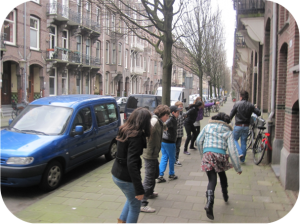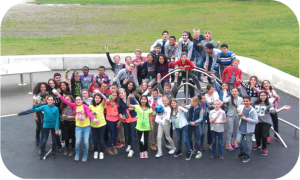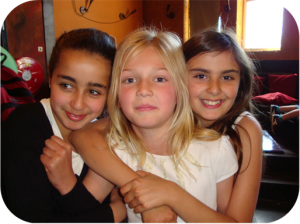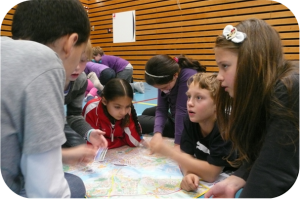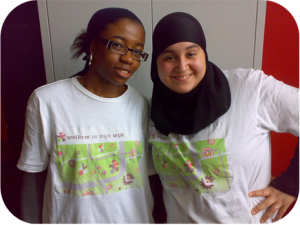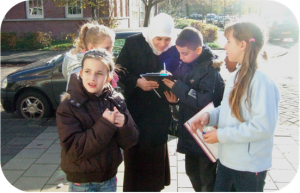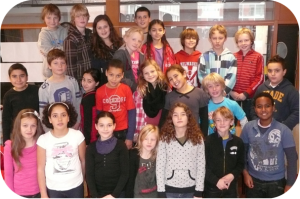Honors & Awards
Welcome to my Neighbourhood was in 2009 accepted for inclusion in the Compendium of Human Rights Education in the School Systems of Europe, Central Asia and North America: A Compendium of Good Practice.
The compendium is published by the Human Rights Education Associates (HREA), the Office for Democratic Institutions and the Human Rights of the Organization for Security and Cooperation in Europe (OSCE/ODIHR), the Office of the UN High Commissioner for Human Rights (OHCHR), and the Council of Europe and the United Nations Educational, Scientific and Cultural Organization (UNESCO).
On the national level, the programme was recognized as well. It was accepted as a successful local pioneer in the growth programme (Groeiprogramma) for social entrepreneurs of the Oranje Fonds, which is under the auspices of the Dutch King and Queen.
